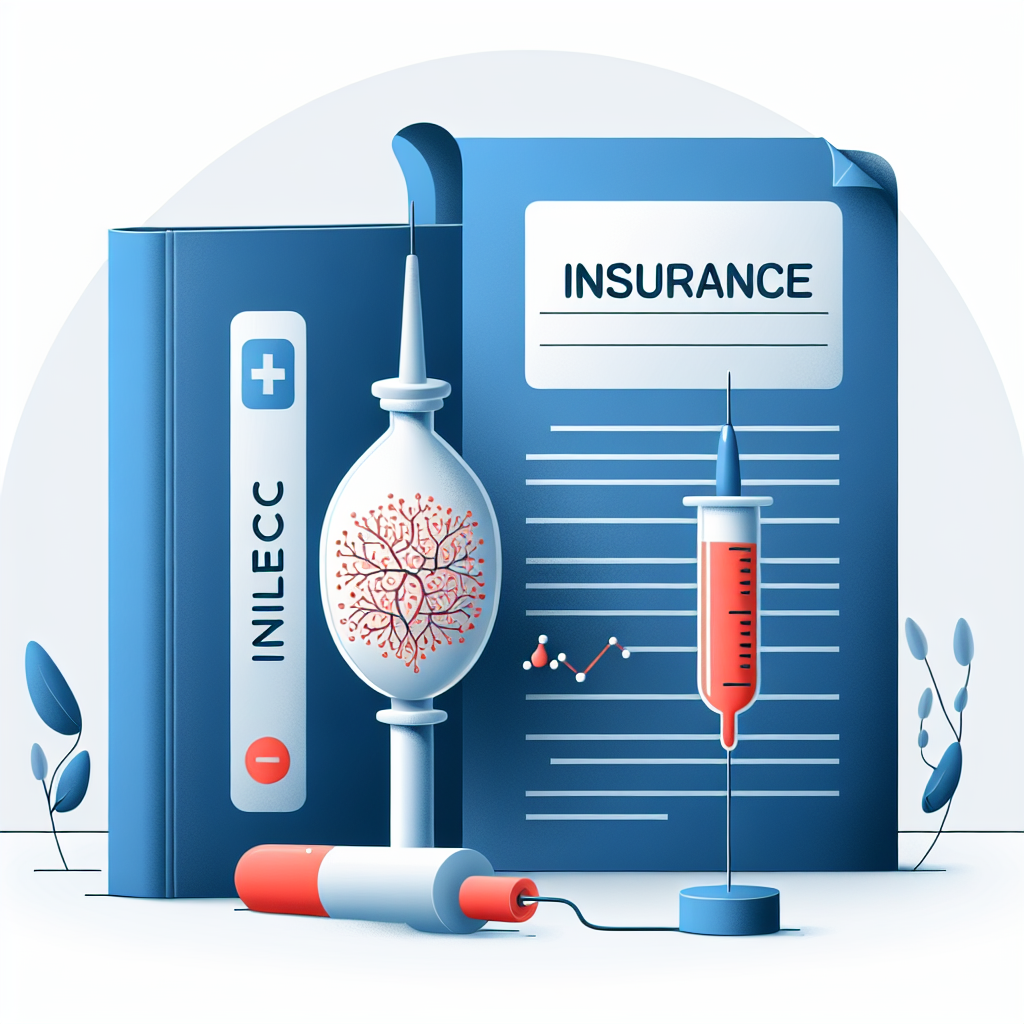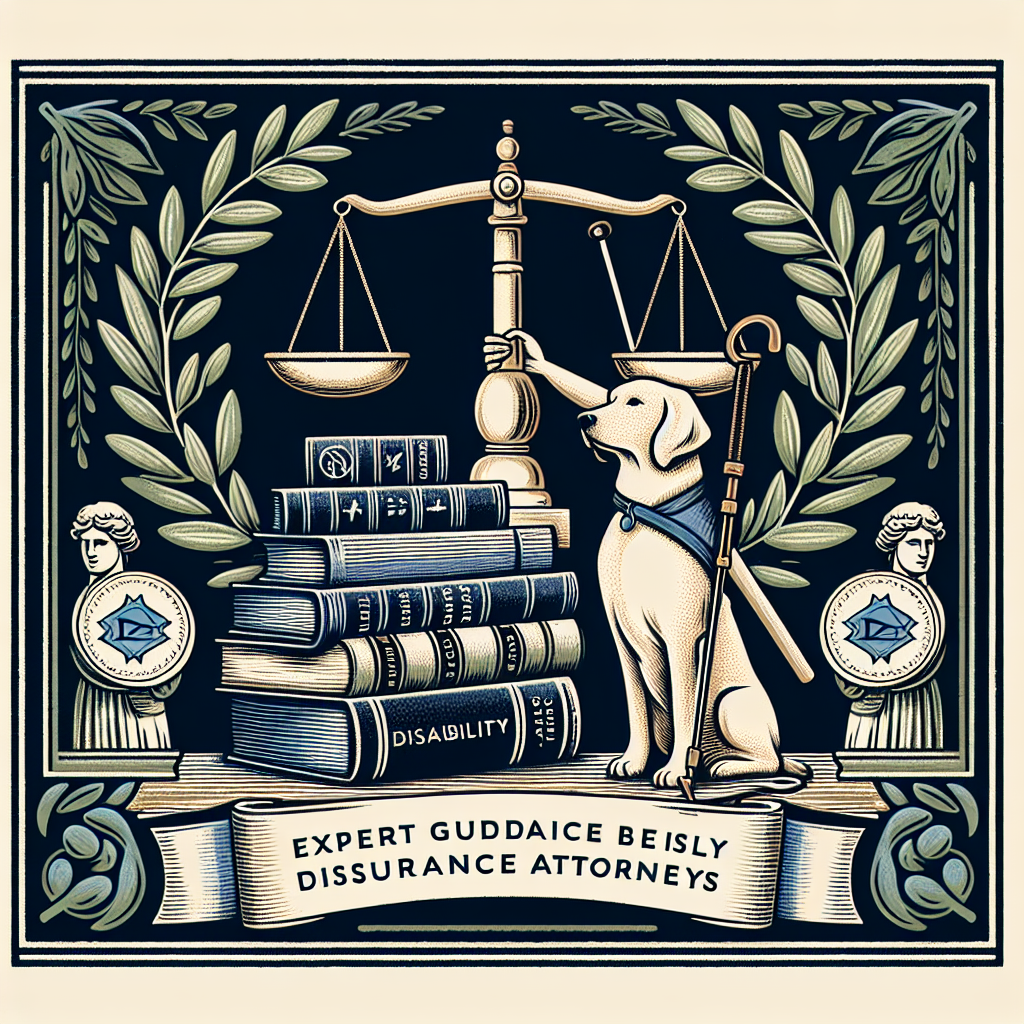Filed under Business Insurance on
Essential Insurance Tips for Your Rental Car Business

Starting a rental car business comes with a slew of responsibilities and decisions, one of the most crucial being comprehensive insurance coverage. The right insurance safeguards your investments from various risks, maintaining your business’s financial health while offering peace of mind. In this article, we explore essential insurance tips for your rental car business, helping you navigate options that best protect your assets and reputation.
Understanding the Basics of Rental Car Insurance
Insurance is a vital component of managing your rental car business, playing a pivotal role in mitigating financial loss from unforeseen incidents. There are a range of policies to consider, each covering different scenarios from accidents and theft to natural disasters.
Types of Insurance Coverage
- Liability Insurance: This is mandatory in most regions and covers damages and injuries you might cause to others. It’s important to ensure your policy meets or exceeds local legal requirements.
- Collision Damage Waiver (CDW): Often offered to customers, CDW can cover repair costs following an accident. Some rental companies choose to absorb this risk internally, while others pass it on to insurance providers.
- Comprehensive Insurance: Protects against damage from non-collision events like theft, vandalism, or natural disasters.
- Personal Accident Insurance: Covers medical expenses for drivers and passengers after an accident.
- Uninsured Motorist Protection: Offers coverage if a driver without sufficient insurance causes an accident.
Tips for Selecting the Right Insurance for Your Rental Car Business
1. Evaluate Potential Risks
Identifying the unique risks associated with your rental car business is fundamental to choosing appropriate insurance. Factors such as location, fleet size, and target market can impact the level and type of insurance coverage required. For instance, businesses in urban areas might face higher theft risks, necessitating robust theft protection policies.
2. Consult with an Insurance Broker
Engaging a professional insurance broker who specializes in commercial automotive insurance can provide invaluable expertise. They can guide you through complex policy details, ensuring the chosen coverage aligns accurately with business needs while being cost-effective.
3. Compare Multiple Quotes
Obtaining and comparing insurance quotes from various providers can help secure competitive rates and comprehensive coverage. Don’t just opt for the cheapest option; consider factors like coverage limits, deductibles, and the insurer’s reputation and reliability.
4. Customize Policies
A one-size-fits-all approach may not be sufficient for your rental car business. Work with your insurance provider to tailor policies to cover specific needs and scenarios. Customization might include special endorsements for high-value cars or extra liability coverage for commercial contracts.
Reducing Insurance Costs
While adequate coverage is essential, spiraling insurance costs can weigh heavily on business finances. Here are strategies to help mitigate these expenses without compromising on protection:
1. Implement Risk Management Practices
- Driver Screening: Ensuring drivers have clean licenses and a history of responsible driving can reduce accident-related claims.
- Install Telematics: Use vehicle tracking and monitoring systems to encourage safer driving and quickly respond to theft.
- Conduct Regular Maintenance: Well-maintained vehicles are less likely to break down, reducing repair costs and insurance claims.
2. Opt for Higher Deductibles
Choosing a higher deductible can lower premium costs but means higher out-of-pocket expenses if claims arise. Assess your business’s financial capability to support higher deductibles in the event of a claim.
3. Bundle Insurance Policies
Many insurers offer discounts when you bundle multiple policies under a single provider. Consult with your insurance broker about bundling possibilities that include general liability, property insurance, and more.
Staying Informed on Industry Trends
The car rental industry is perpetually evolving, influenced by technological advancements and changing economic landscapes. Keeping abreast of trends can help in adjusting insurance strategies proactively, ensuring continuous protection.
1. Electric and Hybrid Vehicles
As environmental awareness grows, incorporating electric and hybrid vehicles into your fleet can attract eco-conscious customers. It also necessitates reviewing insurance terms, as coverage for these types of vehicles might differ from traditional ones.
2. Peer-to-Peer Rental Models
The rise of peer-to-peer car rental platforms, such as Turo, introduces unique insurance requirements. Explore options that cater specifically to this business model, safeguarding against the specific risks it involves.
3. Autonomous Vehicles
Though not yet mainstream, autonomous vehicles are on the horizon. Anticipate eventual changes in insurance needs as these technological advancements become more prevalent, ensuring your business remains competitively insured.
Leveraging Expert Opinions
Incorporating insights from industry experts and existing rental car businessmen can provide additional layers of advice. Networking within industry circles or participating in forums and workshops can supply ongoing education regarding best insurance practices.
According to Jane Smith, a renowned insurance consultant, “Regularly revisiting and revising your rental car insurance policies can provide newfound savings opportunities and strengthen business protection.” Aspects such as emerging risks and changing market demands might necessitate adjustments, reinforcing the need for continuous policy evaluation.
Protecting Your Customers and Business Reputation
Reliable insurance not only protects your tangible assets but also plays a crucial role in upholding your business reputation. Offering customers comprehensive protection options, and transparently communicating these options, can enhance customer trust and satisfaction.
Moreover, accentuating safety procedures and insurance coverage in marketing materials can be a strong selling point, differentiating your business from competitors who may not provide similar reassurances.
Conclusion
Securing the right insurance for your rental car business is both a protective measure and a strategic asset. From understanding essential policies and reducing costs to staying informed on emerging trends, a well-rounded insurance strategy fosters resilience and growth. Critical thinking about potential risks, coupled with expert advice and ongoing evaluation, ensures your business is safe from unforeseen challenges, paving the way for prosperity and peace of mind.





